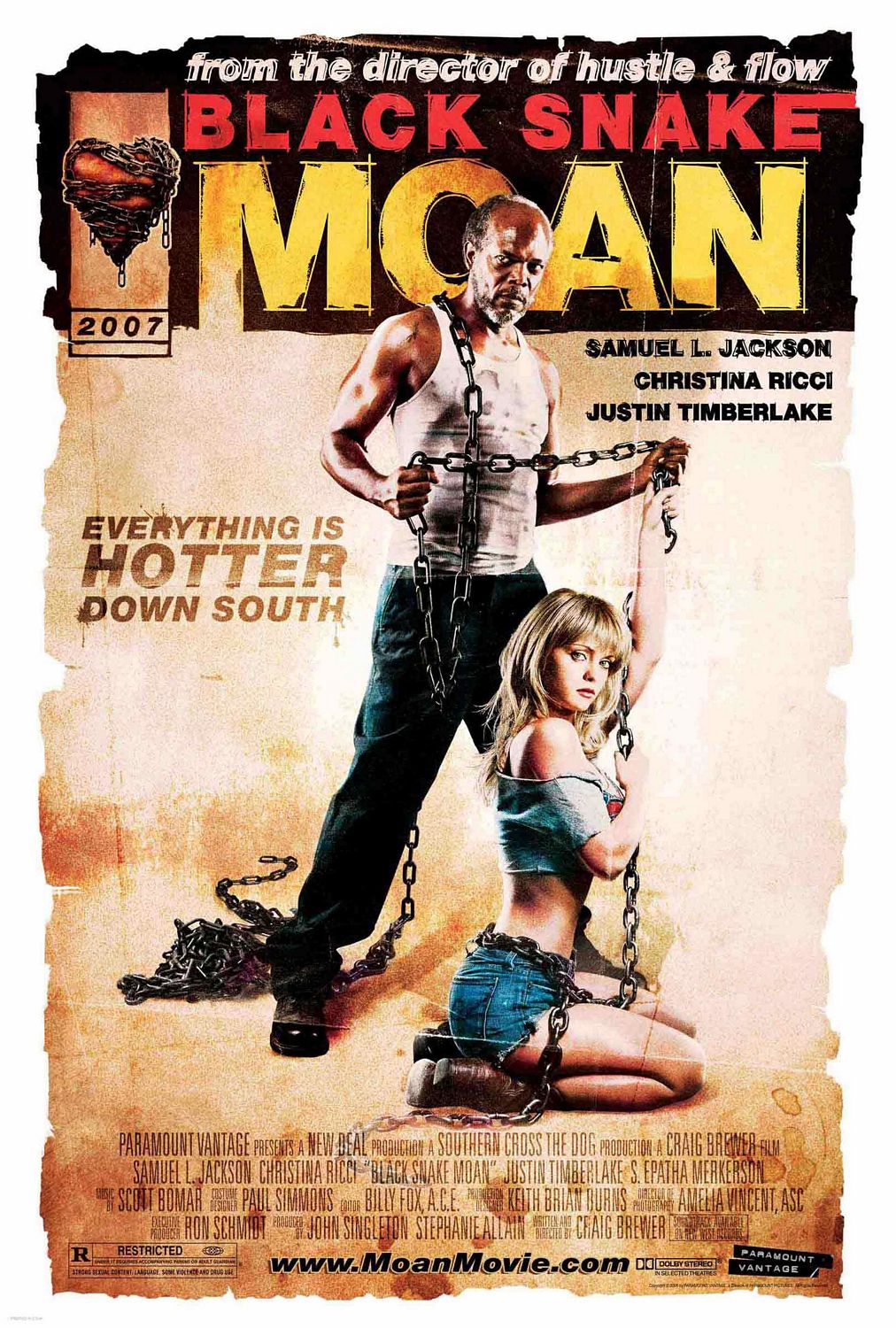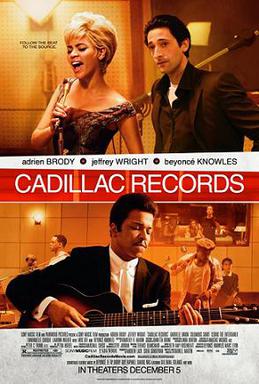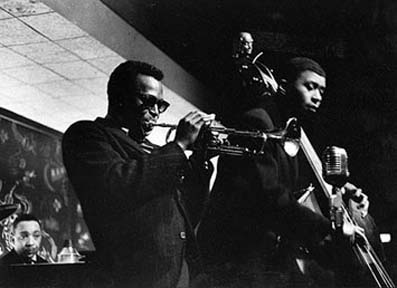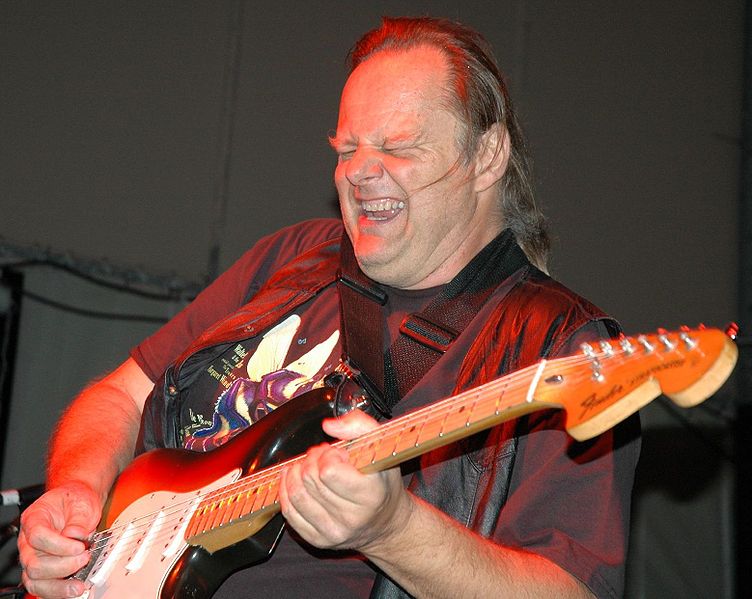 |
| With apologies to Mississippi John Hurt |
A while back I read a book called '
Is Jazz Dead? (Or Has It Moved to a New Address)' by Stuart Nicholson; a 288 page in-depth study on the history of the evolution of jazz until now.
 |
| Get this book if you're a history buff; or just buff. |
The age old debate that spans almost every musical genre: should the music (in our case, the blues) be preserved and maintain its standard traits and not be fooled around with, or should the music evolve as this is the natural progression of music?
This debate runs through almost every genre; jazz purists want to keep the music tied to the legends such Miles Davis, John Coltrane and the like, without adding any electric instruments, which the evolutionists do. (The funny thing is, Miles Davis and John Coltrane among others sought to change jazz and not stay stuck in the past; see
Electric Miles)
Country purists want to keep the music true to it's roots; and not the pop sound it's getting now, same thing with the metalheads, the punks, the trance lovers, etc, for progress and change is how the music evolves.
So what about the blues?
I admit I am more on the purist side of things; but not in a fascist sort of way. I prefer to hear the roots of the music, the Delta blues and for the electric sound I listen to the post-WWII Chicago blues. This is what moves me the most.
However I have regularly posted about new blues music and artists on the blog, just a
few days ago in fact. I don't consider myself closed-minded at all (although my wife begs to differ), I just know what I like. I've paid my dues with the blues, and I support it as much as I can, from
donating to the Blues Museum or
joining the Blues Foundation or just
collecting magazines.
It's hard sometimes though to accept the melting pot of music, not for any bad reason, but because the genres get so mixed up the lines get so blurred, that you have to come up with new terms that somehow don't make sense. Can you still call this the blues? Well you have at least a few dozen sub-genres, and often they are so similar you can't tell them apart.
I always receive and listen to new music, and in many cases I do not hear the 'blues'; I hear soul, gospel, rock, and even reggae sometimes.
The blues as a music is the foundation to almost every type of Western music; we will definitely see some correlations with, say, country music.
One case that was raised a while back was that Metallica's 1996 album '
Load' was actually inspired by blues music. Of course, as a blues geek, I went out and purchased the album sometime in 2001. I was of course, not seeing the connection. If anything, the music is inspired or sounds like Southern hard-rock, which technically should be related to bands like Lynyrd Skynyrd.
(Do you see a connection?)
The pentatonic music scale, and by extension , the blues scale, is not mutually exclusive to the blues; so just because there are a few scales that sound 'bluesy' it can't be called 'blues inspired'.
In jazz, the blood cousin of the blues, there are hundreds if not thousands of instances where a song has the word 'blues' in it, but technically it's not. Here's a classic example:
It's considered a blues in the jazz sense because of the intro vamp and the structure, although it's been heavily played with, that the obvious 'blues' part is sort of negated.
So in the end, blues music cannot be at a standstill; a great case is
Stevie Ray Vaughan, who re-electrified the blues in the 80's, and put it back on the map. If it wasn't for such new blood, the music would not still be around or relevant. Yes, it's not Justin Bieber popular, but with the current love trend with everything retro, it's remains very much alive.
Love and honor your heroes, and pave the way for the next generation.






 and the lasting impact his music has had on guitar players around the world, the Fender Custom Shop is proud to unveil the Muddy Waters Tribute Telecaster 2000. If you've thrilled to the classic sounds of Chicago blues, the Fender Muddy Waters Tribute Tele is for you.
and the lasting impact his music has had on guitar players around the world, the Fender Custom Shop is proud to unveil the Muddy Waters Tribute Telecaster 2000. If you've thrilled to the classic sounds of Chicago blues, the Fender Muddy Waters Tribute Tele is for you. Fame in Cleveland, Ohio, Muddy's Tele is as distinctive as the man himself, but also as simple and direct. The emphasis here is squarely on tone and vibe. The authentic specs give you the tone; the exact replication of 40 years of wear and tear give you the vibe.
Fame in Cleveland, Ohio, Muddy's Tele is as distinctive as the man himself, but also as simple and direct. The emphasis here is squarely on tone and vibe. The authentic specs give you the tone; the exact replication of 40 years of wear and tear give you the vibe. permission of the Hall of Fame, took rulers, calipers and gauges to Muddy's Tele.
permission of the Hall of Fame, took rulers, calipers and gauges to Muddy's Tele. MOJO MAN ACCESSORY KIT
MOJO MAN ACCESSORY KIT
.jpg)

















